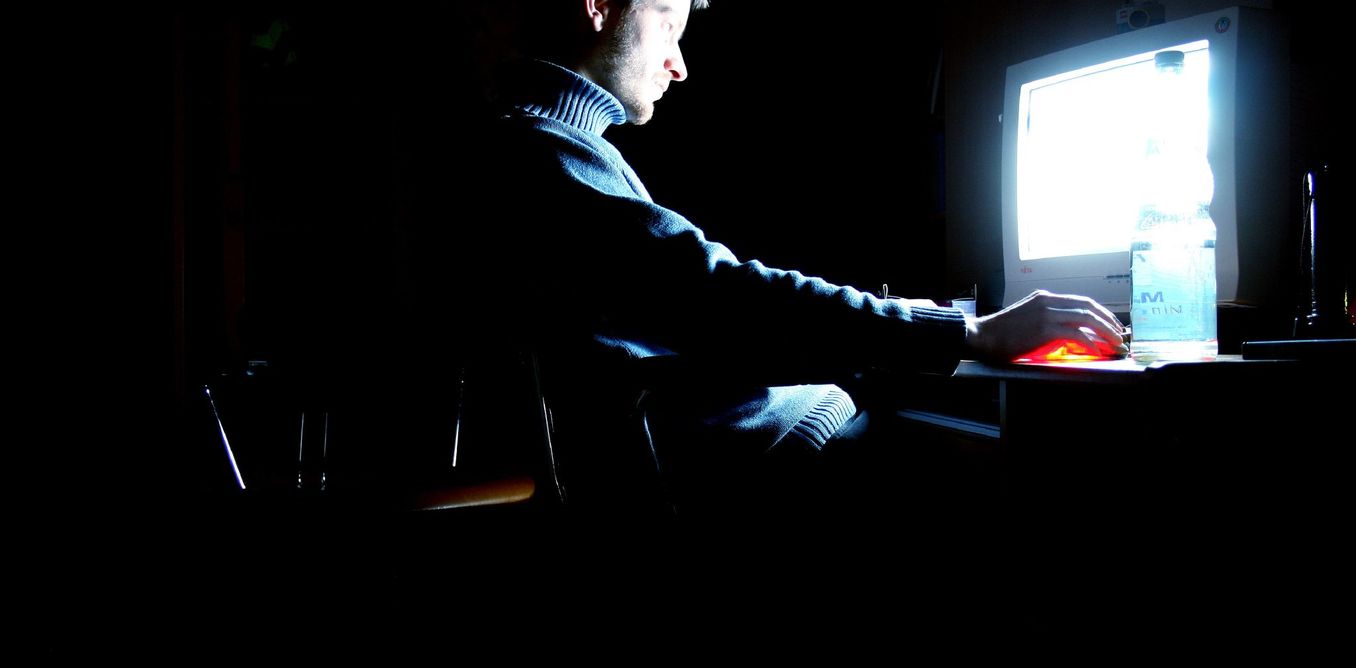Throughout the archaeological, biological, and literary records of homo sapiens emerges a common trait: the species best capable of lifting eyes and mind heavenward has not found this earth to be enough. However murkily understood, the great mounds of earth and stone dragged around by our ancestors witness to an innate impulse to create rituals and places of worship pointing to some other reality We could perhaps be called “Homo duo mundos,” or: “man of two worlds”. From the Dreaming to the Gothic cathedral, we are a species with a foot here and a foot… there.
Login to read more
Sign in or create a free account to access Subscriber-only content.
